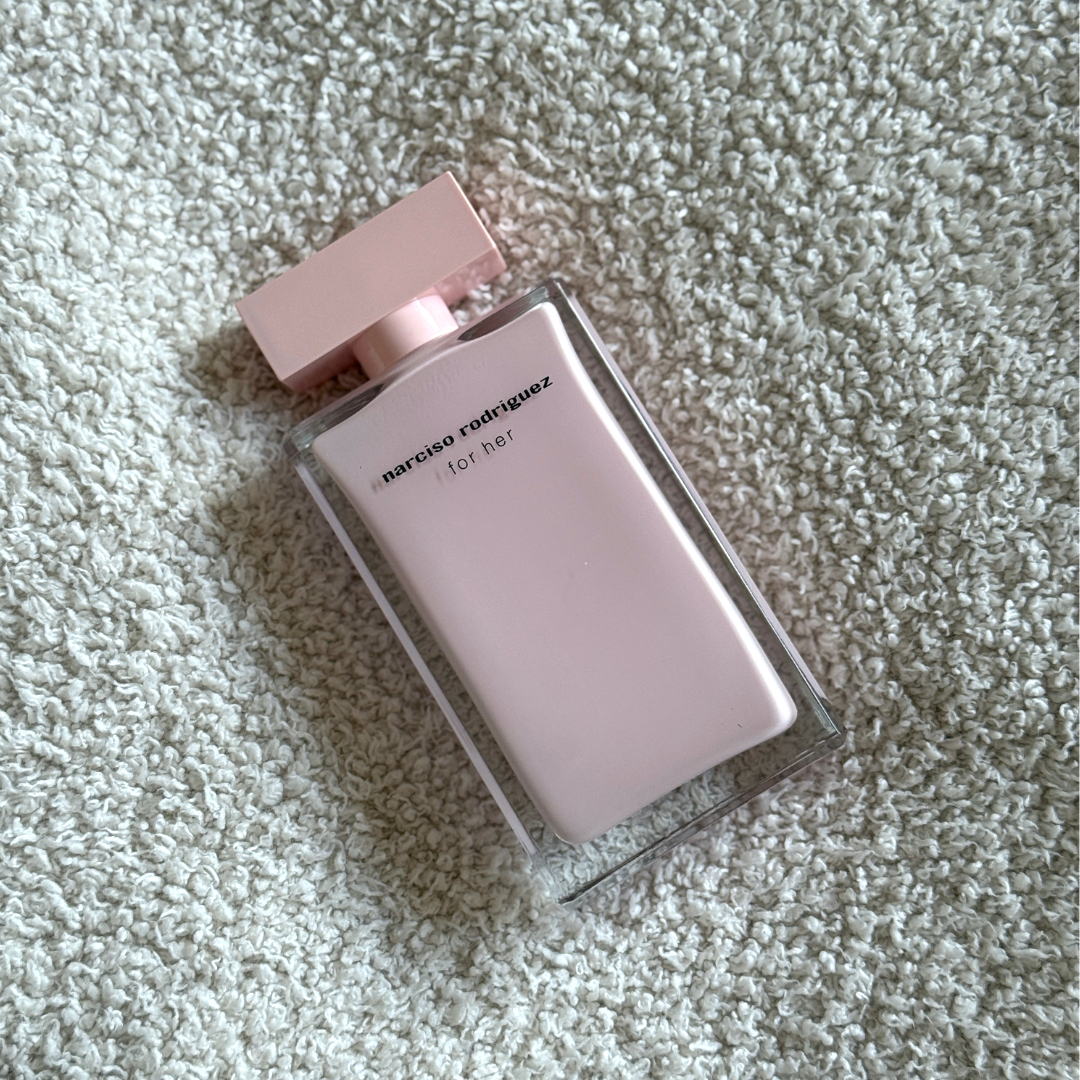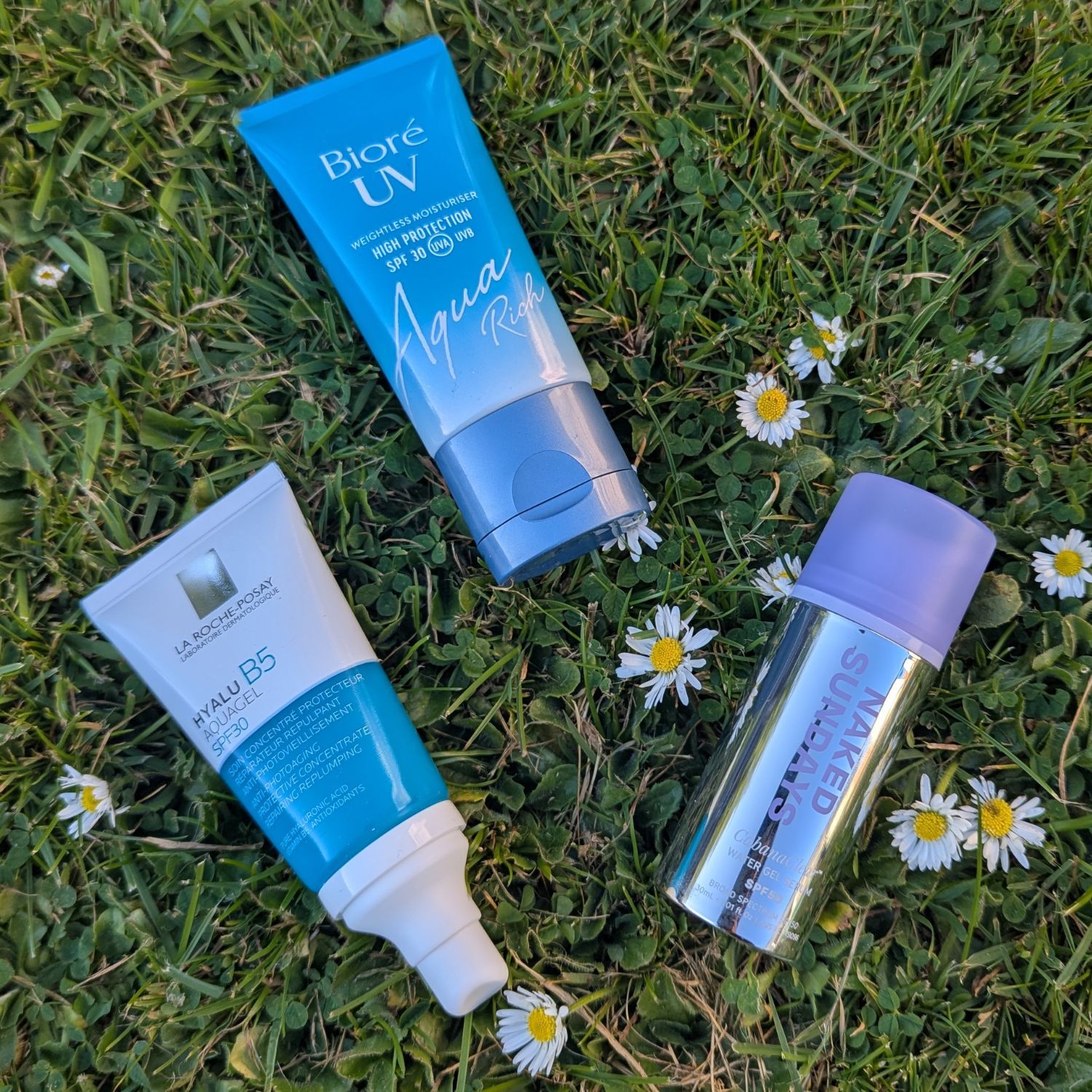Is Your Gut The Reason Why You Can’t Shake That Bloated, Tired Feeling?
Your gut: It’s not sexy, or a great conversation starter, but, according to new research, this organ could be the reason that you have no energy, can’t sleep at night, still suffer from breakouts way after those teenage years or struggle to shift those stubborn pounds.

Your gut: It’s not sexy, or a great conversation starter, but, according to new research, this organ could be the reason that you have no energy, can’t sleep at night, still suffer from breakouts way after those teenage years or struggle to shift those stubborn pounds.
See, your gut is fast-becoming as important as your brain when it comes to understanding how the body really works. In fact, some scientists now believe that our gut is so important in determining our weight, health and moods that they’ve labelled it ‘the second brain’.
'Today, research on [the gut] is one of the hottest areas of medical science', says American doctor Andrew Weil in new book, The Good Gut (£14.99; Transworld Books).
'The species of bacteria and fungi that colonize the gut may determine our interactions with the environment, protecting us from the development of allergy or autoimmunity, obesity or diabetes, inflammation and weight gain.They may even influence mental function and emotional wellness.'
Justin and Erica Sonnenburg are the brains behind The Good Gut, and are at the forefront of research into microbiology and immunology at Stanford University in the US. These are their top tips for maintaining a healthy and happy gut...
Think about what you’re eating.
The gut is smart. It contains millions of microbes that break down what you eat incredibly efficiently thanks to thousands of years of evolution. But, the Sonnenburgs say this inner eco-system 'now appears to be on a potentially disastrous trajectory'.
Marie Claire Newsletter
Celebrity news, beauty, fashion advice, and fascinating features, delivered straight to your inbox!
Why? 'Modern-day technology over the years has resulted in grocery stores filled with a seemingly endless supply of highly processed, overly sweetened, calorie-dense foods. These new food products represent a huge deviation from what we have eaten previously'. That means our gut isn’t functioning as well as it could be.
Get to know what’s on your plate by eating food in its most natural form. Increase your fruit and veg intake to boost the gut’s favourite nutrient, fibre, too.
Stop with the hand sanitiser and anti-bacterial spray.
'The Western world has seen a sharp rise in allergies and autoimmune diseases in the past half century', the Sonnenburgs say. And our obsession with cleanliness and hygiene might well be to blame.
It’s simple really. Every time we reach for the hand sanitiser or anti-bacterial spray, we’re killing microbes. Not just the sort that gives you that dreaded 24-hour sickness bug, but also those that can help the immune system grow stronger and ward off disease.
'We’re too clean', the Sonnenburgs explain. 'Mild mini immune responses depend upon regular interactions with microbes and are part of maintaining a healthy immune system. Current knowledge indicates that most of us could benefit our immune system by increasing our exposure.'
Although they’re quick to point out that there has been no definitive study to back up this cleanliness theory just yet, they have taken measures to change the way they respond to dirt at home.
'We often do not have our children wash their hands before eating if they have just been playing in our yard, petting out dog or gardening.'
Only take antibiotics when you really need to.
You might have noticed that your GP is less likely to prescribe a course of antibiotics for minor illnesses than they were, say 10 years ago. The Sonnenburgs believe this is a good thing.
'A couple of times a year we are prescribed gut bacteria poison, or antibiotics, as they are commonly called', they say.
'While oral antibiotic use results in the loss of gut microbes in the short term, over time the microbiota rebuilds, although whether it ever fully recovers is not clear.'
Also, they claim that people who regularly take antibiotics are 'typically sicker' than those who rely on their immune system to fight infection.
Obviously, talking to your doctor when you’re feeling unwell though is the right way to go. They know best.
Stock up on yoghurt.
A good probiotic is one way to keep your gut happy, but there’s an easier (and cheaper) option – fermented foods like yoghurt, miso paste and unpasteurised sauerkraut.
'Fermentation is the process by which microbes consume sugar and produce acid, alcohol and gases. Through fermentation, living bacteria start the digestion process for us.' That means the gut doesn’t have to work as hard to breakdown these foods.
As the Sonnenburgs explain, the sheer number of probiotics available (many of which aren’t proven) confuses people, but filling your plate with ‘probiotic’ or fermented foods is much more straightforward – as long as they aren’t pasteurised.
'Our family consumes microbes regularly, usually in the form of yoghurt and kefir (a fermented milk drink). When an illness seems imminent, our bacteria consumption increases.'
Want to reap the benefits too? Just make sure you stock up on yoghurt in its most natural form. Sugary low-fat versions will have the opposite effect on your gut.
The leading destination for fashion, beauty, shopping and finger-on-the-pulse views on the latest issues. Marie Claire's travel content helps you delight in discovering new destinations around the globe, offering a unique – and sometimes unchartered – travel experience. From new hotel openings to the destinations tipped to take over our travel calendars, this iconic name has it covered.
-
 This perfume has been an icon for over 20 years, and for good reason—it’s soft, elegant, and oh so feminine
This perfume has been an icon for over 20 years, and for good reason—it’s soft, elegant, and oh so feminineFeminine but not *too* sweet
By Lucy Abbersteen
-
 I’ve searched high and low for the best lightweight SPFs—these hydrating, water-based ones are a total game-changer
I’ve searched high and low for the best lightweight SPFs—these hydrating, water-based ones are a total game-changerNo excuses
By Jazzria Harris
-
 These 5 failsafe outfit formulas will help you style wide-leg jeans for spring
These 5 failsafe outfit formulas will help you style wide-leg jeans for springInspired by the chicest street style looks
By Sofia Piza